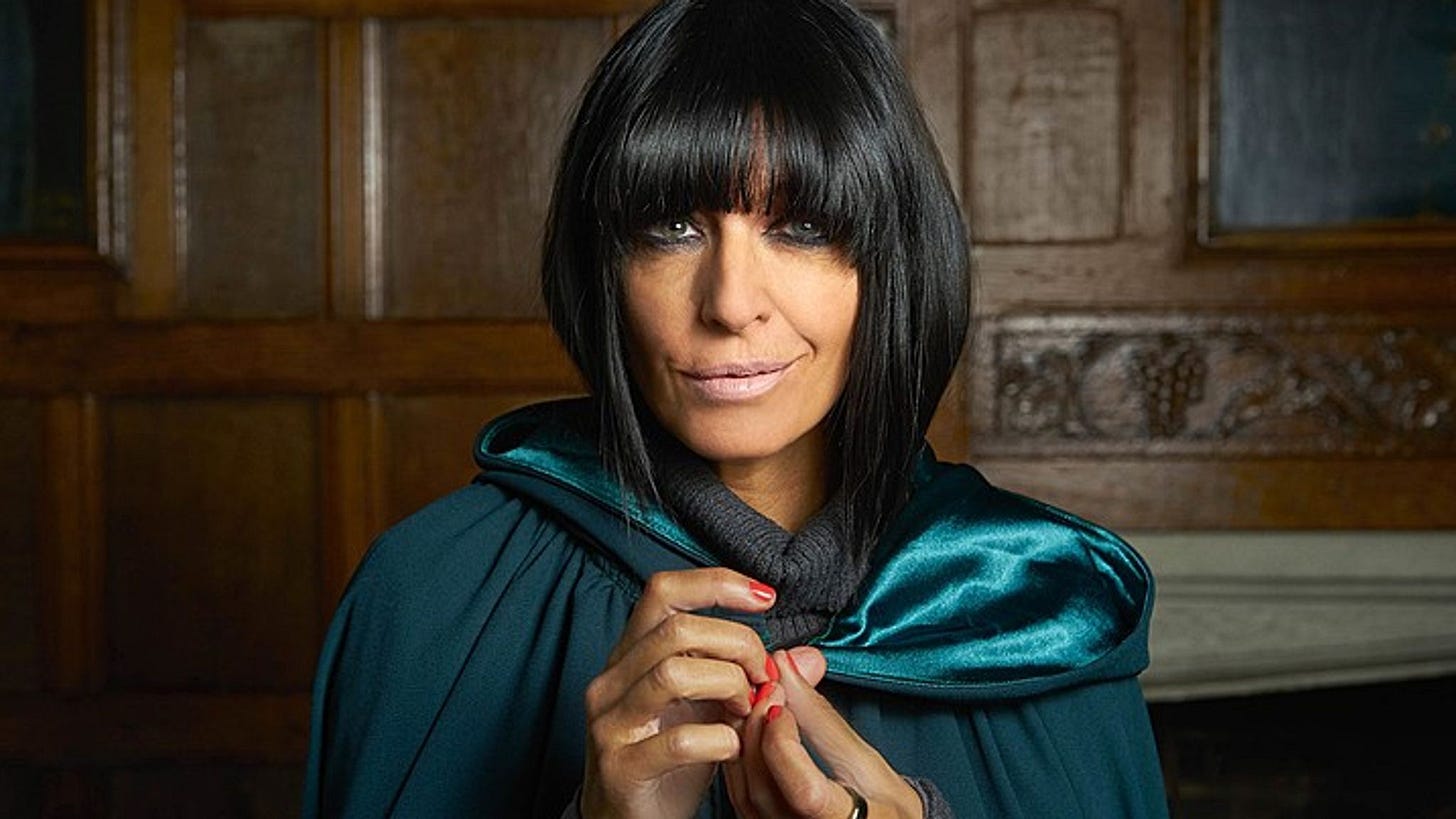Hating the game
Here is my latest in The Critic. I hope you enjoy it and please do comment if you have any thoughts!
The airwaves are filled with programmes which dangle money in front of the desperate. This is hardly new. When I was a child, we had shows like Supermarket Sweep, Blankety Blank, and Who Wants to Be a Millionaire, among others. Giving ordinary people the…
Keep reading with a 7-day free trial
Subscribe to Theory Matters to keep reading this post and get 7 days of free access to the full post archives.


